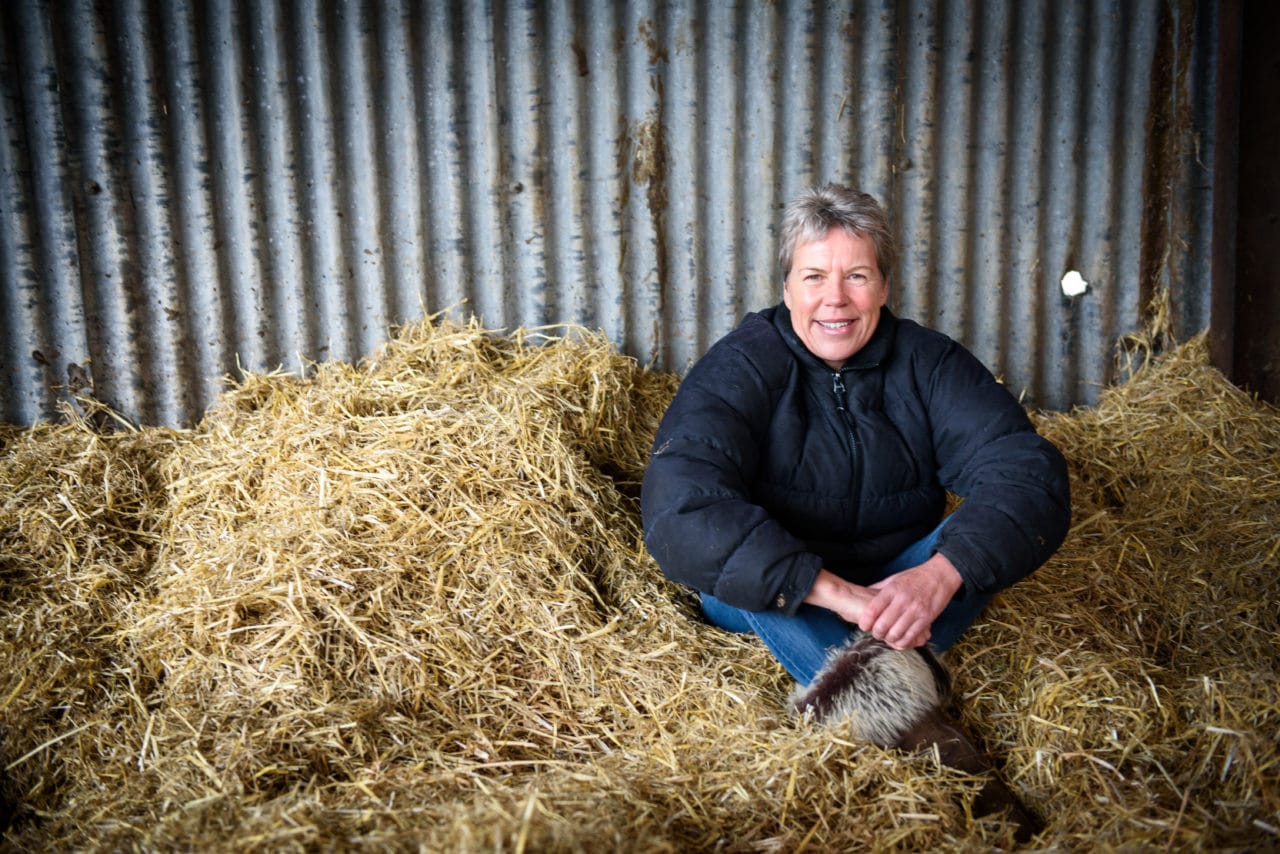At January’s Peter Melchett Memorial Lecture Helen Browning OBE, chief executive of the Soil Association (SA), welcomed members of Melchett’s friends and family, and the wider organic community, commenting that the former policy director had been a champion for the environment throughout his lifetime.
“His memorial lectures aim to challenge orthodoxy and to stimulate fresh thinking on the causes that he cared about so much. Today it’s all about new ideas which, as Peter would’ve said, is often about recycling old ideas and traditional wisdom in ways that are appropriate for our times.”
Browning spoke of the SA’s engagement with innovation and farmer-led research, championed over the past ten years through Innovative Farmers. “We’ve shown how much can be done by farmers if they are supported by researchers and have easy access to small grants.” But these grants, she highlighted, are few and far between and agroecology has been ‘starved of investment’. “We call on Government and research institutes to dedicate at least 10% of public research funding to farmer-led approaches. This would bring massive benefits.
“As you all know, this is the decade when we have to turn the oil tanker around, literally. We need bold, rapidly implementable ideas that take our organic values into the mainstream. It is not enough to achieve 2% or 5% or even 20% of good things happening on our land or on our dining tables. We need a revolution and that requires a wide and diverse community, scaling and replicating new ways of doing things. Last year we commissioned a report … looking at which technologies could best support a transition to agroecology that so many, including Henry Dimbleby’s [National] Food Strategy … agree must be the mainstay of our food system. Many of their recommendations … are caveated by how much depends on the conditions under which new technologies are owned and governed, what values and motivations underpin and drive them.
Innovation will shape our world, like it or not
“Innovation will shape our world, like it or not. And our job is to drive funding and attention to those who can genuinely help us take big leaps forward.”
Browning’s address primed the audience for a keynote from Andy Cato – Groove Armada musician-turned-farmer and innovator – about whom she spoke with great admiration. Having described the SA’s ‘entrepreneurial, endlessly curious, energetic and forward-looking’ attitude as an enduring reason for her long-term commitment to the charity, she admitted that being introduced to Cato’s approach was ‘reinvigorating’.
“This is a frustrating time. Westminster is abandoning commitments on obesity, slow to act on many of the issues that would pay dividends in a few years. We can’t rely on the Government to get to grips with ensuring healthy, sustainable diets for all, or a transition to regenerative, organic farming. So when you meet somebody like Andy – who has switched out of a rather successful life to spend his every waking moment learning how to revitalize soils and grow naturally healthy plants, and then to attempt to revolutionize the market so that evermore farmers can take up these methods – well, you have to get excited.
“I’ve been especially excited since we first met a couple of years ago because he’s close to cracking the thing that I tried to do at the very beginning of my farming career: planting cereals directly into our clover lay so that we could avoid ploughing. I couldn’t make it work, and without any support from programmes like Innovative Farmers – because we hadn’t invented it then – or the research community, I soon became disheartened.
Our job is to drive funding and attention to those who can genuinely help us take big leaps forward
“Working with him has reinvigorated my enthusiasm for arable cropping. Now we have the prospect of growing cereals and pulse crops on areas of the farm where it has been difficult and expensive to do so until now. This is really important because the organic sector has struggled to fulfil demand for organic cereals from domestic production. Far too much of the grain we use is imported and UK farmers have been slow to take up the challenge of growing these crops, partly because it’s technically tricky and also because the market finds it much easier just to import it. So whether we’re organic farmers wanting to improve our system and its impacts or a non-organic farmer wanting to dip a toe into a fundamentally different, biologically-based approach, Andy and his Wildfarmed team are making that possible.
“I’m learning loads working with him and I hope that you are all as inspired as I am by his story and the progress he is making, despite all the challenges.”
Browning’s introduction was followed by an explanation from Cato about how his background in music led him into the food and farming community where he is now working to ‘confront the complexities of getting food onto the high street in the context of a food system that has externalized its costs and bringing a measure of civil health to a largely disconnected population’.
Watch the lecture in full here:





